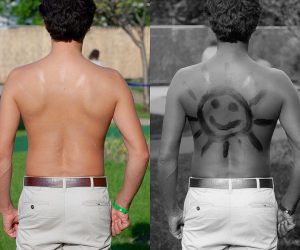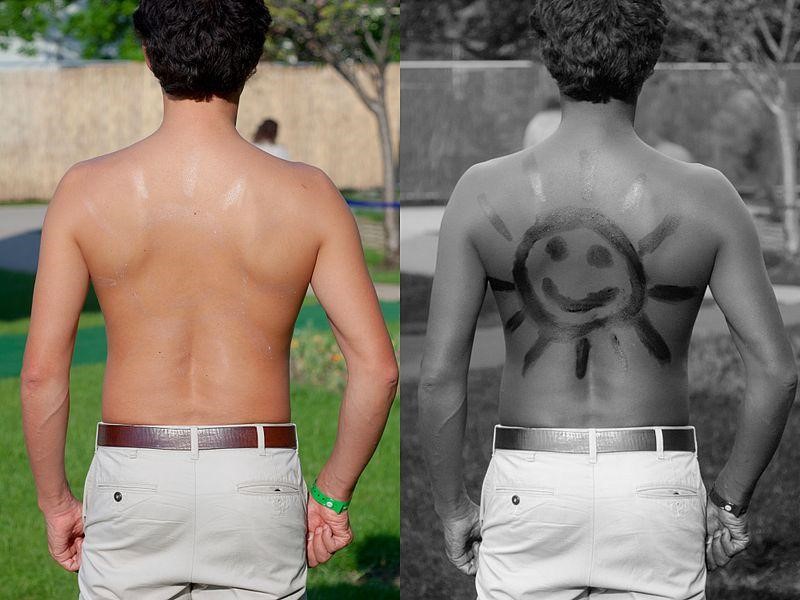You are more likely to get sun damage from skiing than you are from sitting on the beach because of the high altitude and the fact that the snow reflects the damaging UV rays. In addition to causing wrinkles, sunburn and other skin damage, over-exposure to UV rays can result in skin cancer. The following tips outline some steps you can take to protect yourself.
Image Credit
Facial work
Any facial work you are having done you will want to give it plenty of time to heal as high pressures could cause damage or even infection. If for example you gave work from a Botox Cirencester way you don’t then want to go climbing potentially knocking it or even causing it to over pressurise.
Use High-SPF Sunscreen
Choose a sunscreen with a Sun Protection Factor of 30 or higher. A sunscreen that contains a moisturiser such as glycerin or lanolin will help to protect your skin against the harsh winter conditions, strong winds and bitter cold.
Apply Before Skiing
Apply your sunscreen half an hour before you hit the slopes and remember to reapply it at regular intervals. It is helpful to carry a travel-sized sunscreen with you and reapply it every few hours and immediately after sweating. Lip balm should also be regularly reapplied. The NHS reports that according to The Guardian, damage to skin cells from UV rays can continue hours after exposure.
Be Generous
Apply your sunscreen generously to all areas of skin that are exposed. Make sure that you include your ears, the area around your eyes, your neck, under your chin, your scalp and your hands. These areas are often missed. Be sure to apply a lip balm with an SPF of 15 or higher because your lips can be very sensitive to the effects of sun.
Protect Your Eyes
Your eyes need protection against the sun. Goggles or sunglasses should offer 99 per cent UV protection. Choosing a wraparound style will also help to protect the skin around your eyes, reducing the likelihood of crow’s feet developing.
Protective clothing
Wearing a hat or helmet adds protection against the sun, protects your scalp, and protects against the cold. Ski masks also help because less skin is left exposed.
If you take all these precautions and your skin does end up suffering from sun damage, all is not lost. Clinics offer treatment to reverse the damage. In London Obagi skin treatment is available to treat sun-damaged skin in the same way as a chemical peel.
Keeping your skin healthy and moisturised can protect it from damaging UV rays.

